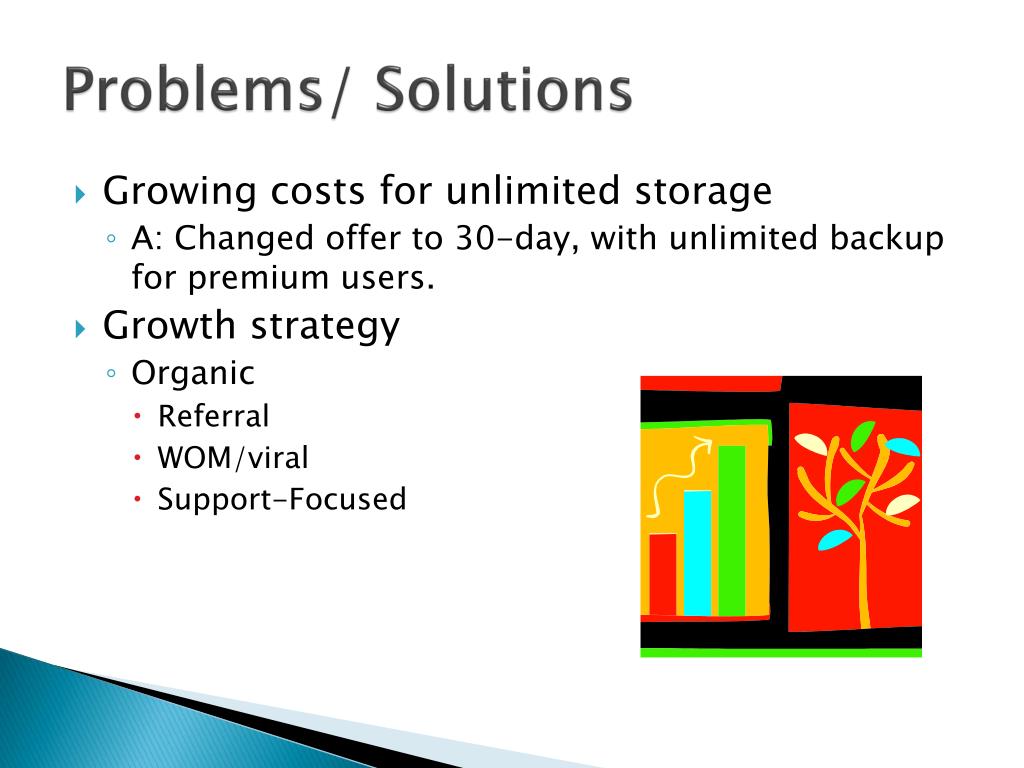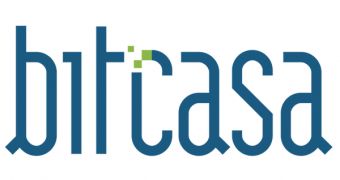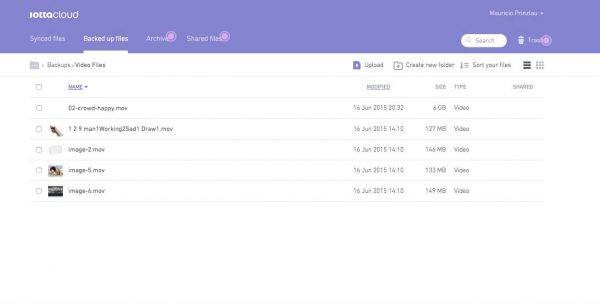
While it all sounds good – there are lots of head winds in the way of this really taking off – there are the large cloud file sharing vendors who are pushing their own developer ecosystems (think Box or Dropbox) then there are the open source tools such as ownCloud. It also has what they’re calling the “Turn-Key Drive” essentially a white labeled file sharing system that allows third party service providers to offer their own branding on a consumer storage solution. Bitcasa does include a lot of the stuff that is needed when it comes to file sharing tools - file management, file sharing, media transcoding, and zero-knowledge encryption.
Bitcasa competitors code#
Our highly secure, scalable and regionalized platform means developers no longer need to face the pain of writing that code - they can quickly deploy their custom cloud apps with our platform. And we’ve learned that creating a cloud storage service is very hard. We’ve developed a robust, battle-tested cloud storage technology. I’m not convinced – cost is largely irrelevant given the aforementioned price wars, performance via any of the public cloud vendors’ raw storage is pretty good and development doesn’t seem to be something on which you can really hang your hat. So how is what Bitcasa doing any different, or any better than what else is available? Well according to Bitcasa, the new CloudFS Platform for Developers “reduces cost, enhances performance and accelerates development on public cloud storage”. The same can’t really be said for file storage – AWS’ S3 service is pretty easy to use, there are a number of open source file sharing components and, beyond that, pretty much every file sharing vendor has a developer ecosystem as part of its go to market strategy. Much more complex than it is to simply embed Mailgun or Twilio respectively.

But the difference with those two vendors is that (arguably) it’s pretty complex to build an effective and scalable email or voice communications service.

This idea of modular components is not new – there are a number of vendors doing it in different areas, Mailgun for email, Twilio for voice and communications etc. In essence Bitcasa wants to be seen as a modular service that developers use in their applications rather than build their own hooks into (for example) AWS. As per most of the competitors, Bitcasa is cross-device and includes an API to allow developers to build products on top of Bitcasa, or to embed Bitcasa within their own applications.Īnd this is the focus of today’s announcement, the new file system API is a tool that Bitcasa hopes will encourage application developers to use Bitcasa as the raw storage partner when building their applications.

It has created a storage platform that, much like a million or so other vendors, enables individuals or businesses to store and share content. Bitcasa is a company with a simple aim, it wants to make storage simple (heck, I thought it already was but whatever).

Which is where Bitcasa’s new platform announcement gets interesting. As the large public cloud vendors rapidly follow each other with price cut after price cut, most commentators are in agreement that the cost of raw storage is rapidly trending towards zero. It’s a brave company that continues trying to build a business upon commodity file storage.


 0 kommentar(er)
0 kommentar(er)
